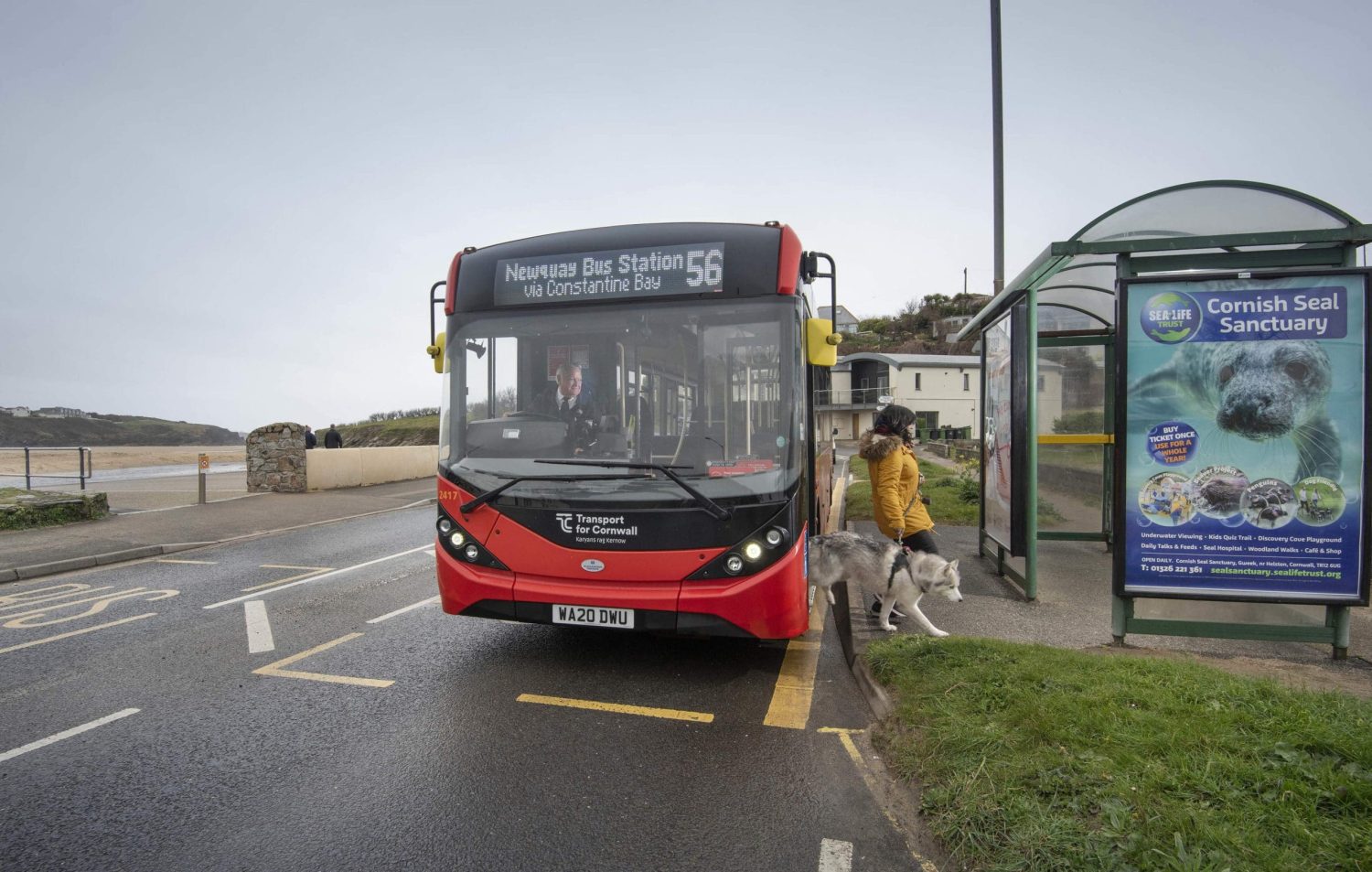Franchising, challenges for rural services, recent government policy, multimodal integration, alternative transport models and Enhanced Partnerships (EPs) were addressed by Bus Users UK as part of its response to the government’s “Buses Connecting Communities” inquiry.
The Transport Committee’s call for evidence, which closed on 17 January, invited feedback on connecting rural communities with neighbouring towns and suburban areas, and solutions for rural services.
Bus Users UK says the principle of handing back control to local areas is “sensible” but it is concerned that some authorities do not have the means to gain sufficient expertise. “This has led to a bonanza for transport consultants, often cutting and pasting a basic proposal without ever spending time getting to know the area or its needs,” it is claimed.
In addition is a call for “long-term ring-fenced funding” and a requirement for local transport authorities “to engage meaningfully with bus users at every stage”.
Caution is expressed over the franchising model. Saying that any benefits can be slow to realise, it adds: “There have been few examples of franchising to consider so far but the amount of funding expended on consultancy is a huge cause for concern. This funding would have been better spent on improvements to bus services and it is welcome to note that this is less likely to happen going forward.”
Municipal bus companies have been successful, says Bus Users UK. “The main factors for success seem to be a local authority which understands the vital importance of bus as part of its offer, a deep understanding of the community served because of the strong local link between council officers/members and bus company staff, and a level of real ownership and pride among the residents, which is hard-won and needs a great deal of consistent promotion,” it adds. “It is not achieved by simply branding something as locally-owned.”
The charity criticises a “a ‘one size fits all’ approach to transport regulation”. It adds: “This is not only about funding, but making regulation fit for purpose, especially for smaller vehicles which are more appropriate for rural areas and easier to manoeuvre in narrow lanes, but which are as expensive to register, insure and run as larger vehicles.”
Regarding recent policy, Bus Users UK refers to the £2 single bus fare cap in England and says the raising of it to £3 at the start of 2025 was “a very unpopular move which hit the lowest paid and most disadvantaged communities at the worst possible time of year”.
When it comes to Bus Service Improvement Plans, the body notes: “It was not clear that only some authorities would receive funding for their plans, so many set aside time and money to work on plans which they then had no funding to implement. In some cases, this was taken to mean they shouldn’t do anything to improve buses, so the plan backfired substantially.”
The response credit EPs for “genuine improvements to services”.
A lack of intermodal cohesion is criticised by Bus Users UK, which says: “It takes political will and determination to join those dots and some form of compulsory joint plan would seem to be needed to make this happen. The benefits should outweigh the inconvenience in due course. The Sustainable Transport Alliance was set up to help LTAs and government departments to do exactly this and stands ready to help.”
Bus Users UK says demand-responsive and community transport may be viable options in some cases. However, it adds that community transport “is constrained by strict rules set up to prevent it ‘competing’ with bus operators”.
For rural areas, the response promotes the notion of post office or delivery services being able to offer transport services along their routes, as well as the idea of small budgets for villages for resident taxi grants which may reduce car dependency.



























